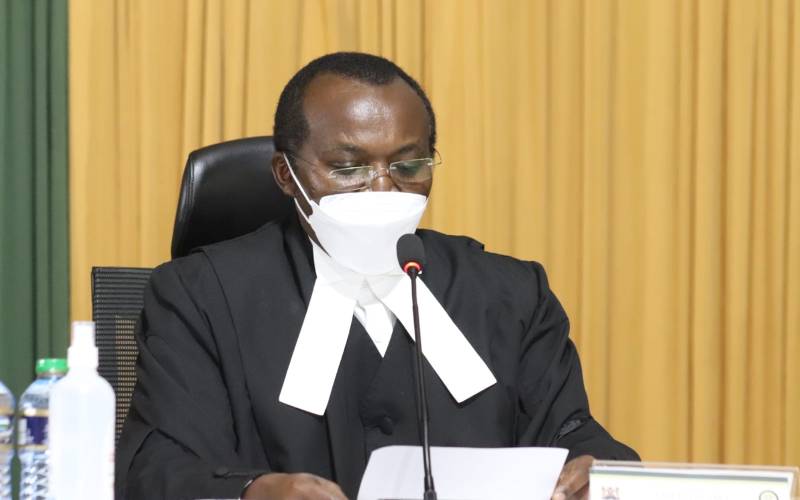×
The Standard e-Paper
Home To Bold Columnists

Court of Appeal President Daniel Musinga. [File, Standard]
A seven-member Court of Appeal bench will, by end of Friday, August 20, deliver its ruling on the BBI appeal.